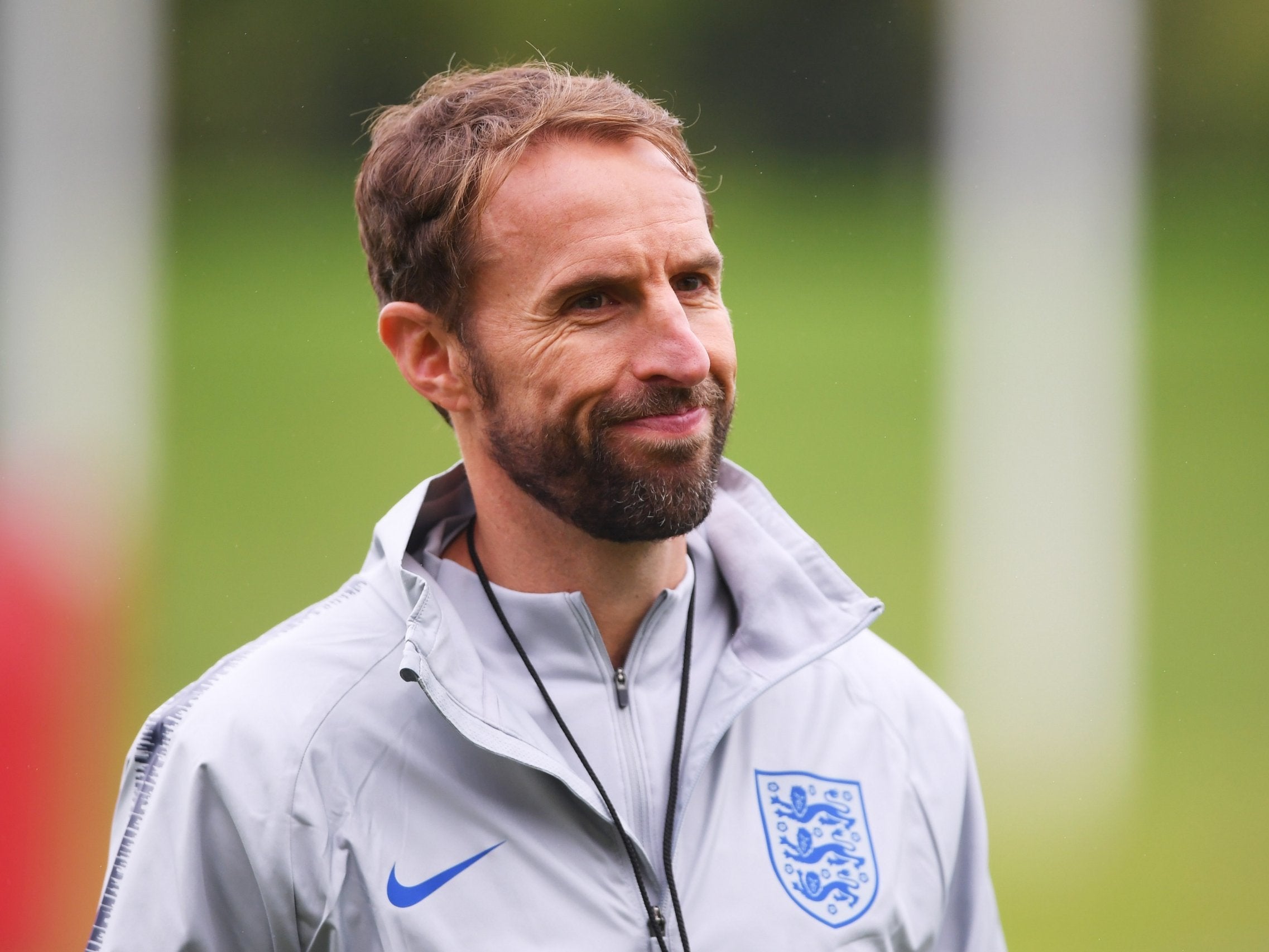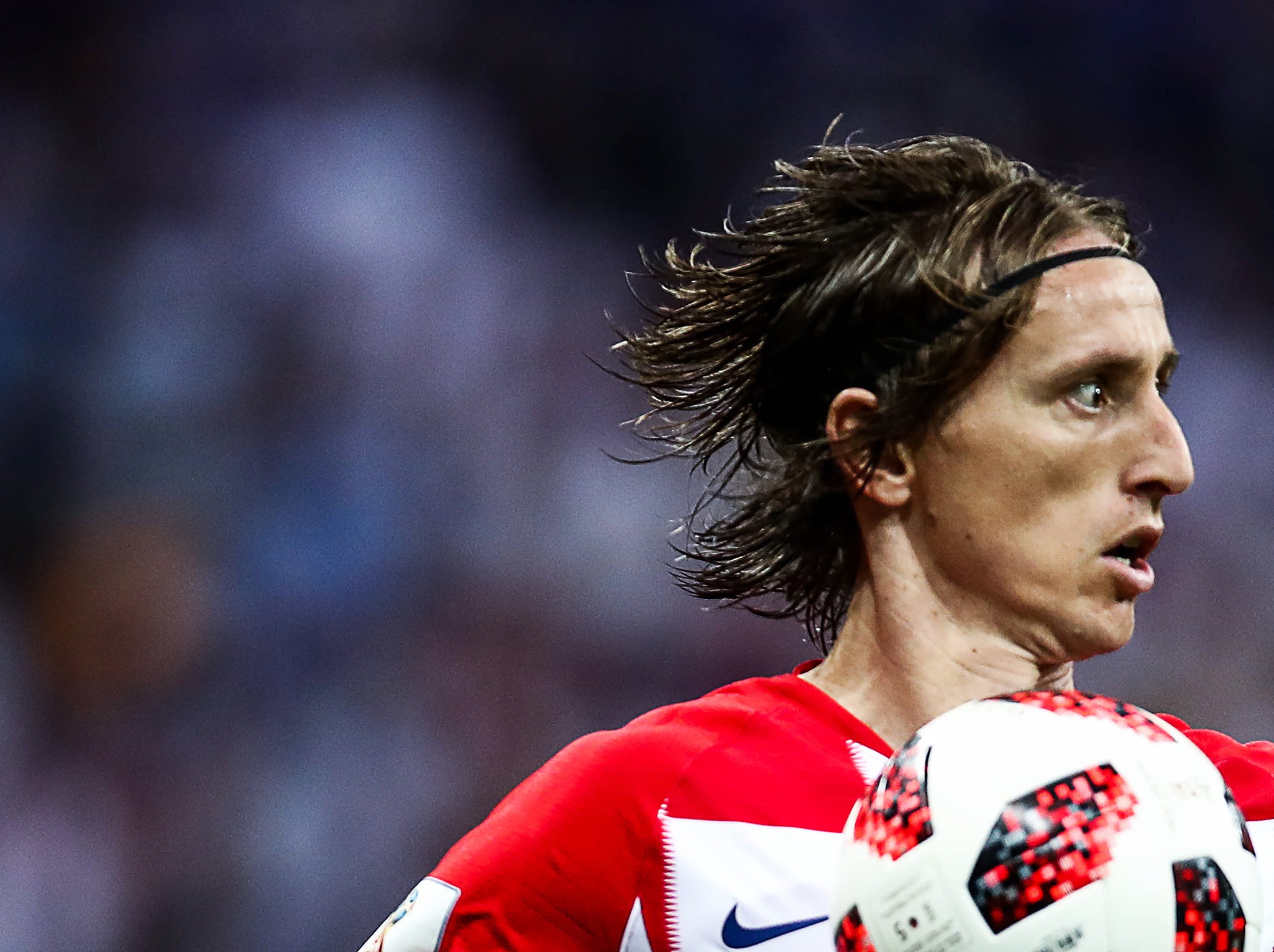The future is bright but England must now fight their natural instincts to avoid reverting to type
England's next challenge is to do something they have almost never done. By playing in a way that has never come naturally to them. And doing this with the same players who could not do it in July

Your support helps us to tell the story
From reproductive rights to climate change to Big Tech, The Independent is on the ground when the story is developing. Whether it's investigating the financials of Elon Musk's pro-Trump PAC or producing our latest documentary, 'The A Word', which shines a light on the American women fighting for reproductive rights, we know how important it is to parse out the facts from the messaging.
At such a critical moment in US history, we need reporters on the ground. Your donation allows us to keep sending journalists to speak to both sides of the story.
The Independent is trusted by Americans across the entire political spectrum. And unlike many other quality news outlets, we choose not to lock Americans out of our reporting and analysis with paywalls. We believe quality journalism should be available to everyone, paid for by those who can afford it.
Your support makes all the difference.So much has changed for the England team this year, but one old question remains frustratingly present: can they beat anyone good?
That question has been nagging at England teams for years, as they habitually stumbled in the early stages of big tournaments. And nothing that happened in their transformative summer, from St Petersburg to Samara to Croydon BoxPark, has proven that they now can.
Yes, arguments about the World Cup feel tired and beside the point here in September, as England head into their first ever Nations League game at Wembley tomorrow night. But this four-game campaign against Croatia and Spain will be defined by that lingering issue: how do England beat teams that also have good players?
Because while the achievements of this summer are obvious (they do not even need to be listed) it is no disrespect to them to simply compare the teams that England beat to the teams they could not. Panama, Tunisia and Sweden were beaten, and Colombia on penalties. England lost to Croatia, Belgium, and Belgium reserves.
England could not lay a finger on Kevin De Bruyne in the third placed play-off game, and the Croatia defeat at the Luzhniki was a timeless story of English technical and tactical inferiority against the best. They could not maintain their high-energy start, the players started to tire, they started to hit the ball long and eventually they were strangled by the opposition’s relentless possession.
Gareth Southgate has sat the England squad down this week with the video of that two hours of football from the Luzhniki stadium to make his points clear. Jordan Henderson, speaking on Tuesday, echoed Southgate’s comments from last week that England stopped keeping the ball well when they were under pressure in the second half. They tried to play safe, by going long, but in doing so lost the game.
It is difficult to blame Southgate, or the players, for this thumping reversion to type. They were just following a pattern that had been marked out by generations of English players in big games before then. The last serious team that England beat in a competitive game, remember, was Argentina in the 2002 World Cup, back when Southgate was a frustrated 31-year-old left on the bench.
Since then England’s biggest scalps have been limited to beating Croatia home and away in World Cup qualifiers in 2008-09, a flurry of friendly wins against Germany, France and Portugal before Euro 2016, which proved to be no guide whatsoever to how England would perform that summer. And, most unusually, a 1-0 win over peak Spain at Wembley in November 2011.
That day England had Phil Jagielka and Joleon Lescott at centre-back, Phil Jones and Scott Parker in midfield and Darren Bent leading the line but they still found a way to beat Vincente del Bosque’s side mid-way between their World Cup and second European Championship wins. England barely touched the ball, scored from their only attack and got lucky that Cesc Fabregas missed so many good chances. It was a way to win, at least, but any sense that it was a vision of a glistening future did not last long. After one more game, Fabio Capello resigned.

There is little prospect of England aiming for a repeat on Saturday evening. Not just because such an inferior team winning is so statistically unlikely, but because Southgate’s approach is so different from the desperate catenaccio of the dying days of the Capello era, limping on after the humiliation of the 2010 World Cup. Southgate wants his team to build up from the back and defend high up the pitch, trusting his players to play a more continental style than any of his three more traditional predecessors.
What we saw in Russia, especially in that Croatia game, is that Southgate’s intentions, and the burgeoning technical profile of young English players, is not good enough to make up for generations of wrong priorities. Not yet, at least. England’s midfield against Croatia in the Luzhniki was made up of Jordan Henderson, Jesse Lingard and Dele Alli, a combination that had too much energy, too much forward momentum and not enough of an ability to pause, take a touch and slow the game down.
This is why England have not been able to beat the best teams, they just do not have the same quality and subtlety in how they play, especially in midfield. So will it be any different this time?
England at least have the perfect test, thanks to the new Nations League format. Spain at home, the winners of three consecutive tournaments within this generation. Even after the retirements of David Silva and Andres Iniesta they still have a brilliant midfield, with Sergio Busquets, Thiago Alcantara, Saul and Isco. Then Croatia away, with Luka Modric and Ivan Rakitic, who teased England to pieces at the Luzhniki. Then Spain away, then Croatia at home. By November we will know whether Southgate has broken with a generation of English history in this area or not.

Are there reasons to be confident? Southgate understands the problem, and spoke at length last week about how he wants the team to play with more patience under pressure, keeping the ball better and not always going long. He wants the wing-backs to stay higher up the pitch, to provide more penetration and to get more men in the box.
All of that would help but it remains to be seen how much England can improve when they go into Saturday’s game with the same men in midfield. Adam Lallana could have improved their midfield play but he has pulled out with an injury, leaving Henderson, Alli and Lingard the likely starters. Will Hughes and James Maddison could come in for the October games, but they are not here yet.
The challenge, for Saturday at least, is to do something that England have almost never done. By playing in a way that has never come naturally to them. And doing this with the same players who could not do it in July. Success – or even one win – would mean as much anything they did in Russia.
Join our commenting forum
Join thought-provoking conversations, follow other Independent readers and see their replies
Comments